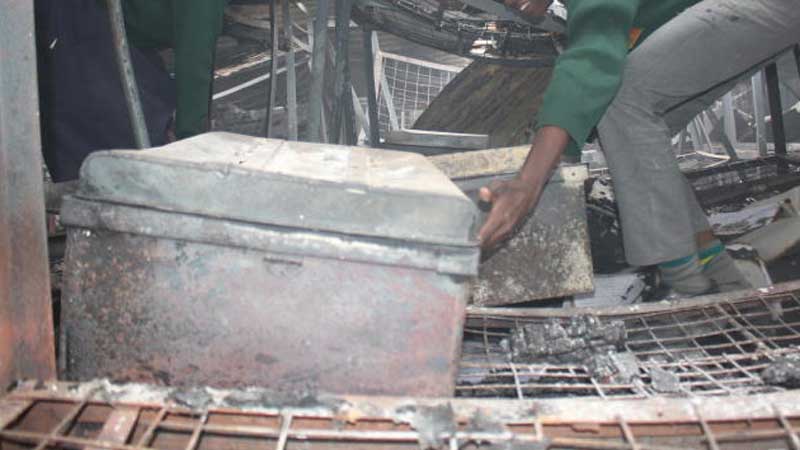×
The Standard e-Paper
Smart Minds Choose Us

I was taken aback by the sight of a razed dormitory in Kisii School, my alma mater. At several points in its history, Kisii School bore the alter ego, the Government African School, Kisii.
It was to cater for the schooling of brilliant Africans who had no chance of joining white-only schools in Nairobi and the former White Highlands.